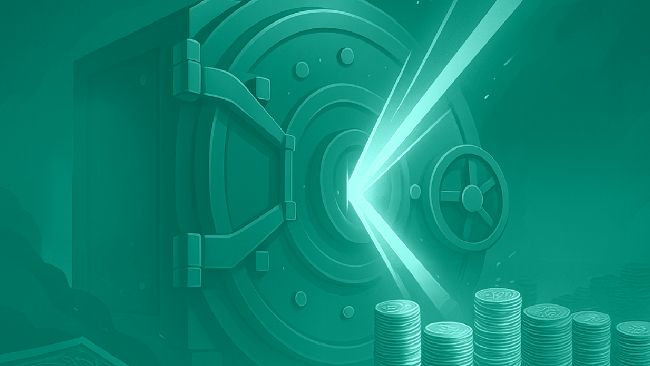Title: Blockchain Innovation Will Put an AI-Powered Internet Back Into Users' Hands
Author: Chris Dixon, founding partner of a16z Crypto
Translator: Hailstone, ChainCatcher
The doomsayers are wrong. Artificial intelligence will not destroy the world - but it will destroy the internet as we know it.
Artificial intelligence has disrupted the internet's economic contract that has existed since the advent of search: a few companies (mainly Google) bring demand, creators bring supply (and earn some ad revenue or recognition from it). AI tools have generated and summarized content, eliminating the need for users to click through to content providers' websites, breaking this balance.
At the same time, a proliferation of AI-driven deep fakes and bots will make us question what is real and erode trust in the online world. As the AI era dawns, the large tech companies with the resources and computing power to handle massive data will continue to invest in AI, and their monopolistic control of resources will make the remaining parts of the already closed internet even more closed.
Technological progress is inevitable. I'm not calling for the sky to fall or trying to impede progress. We need to help individual users regain some control over their digital lives. Thoughtful government regulation may help, but it often slows innovation. Trying one-size-fits-all solutions may create as many problems as they solve. And let's face it, users won't give up their online lives.
Major technological movements often advance in parallel - think of the rise of social, cloud, and mobile computing in the 21st century. This time is no different: AI needs the support of Block to compute.
Why? First, Block can enforce ownership. Block can make trustworthy commitments involving property, spending, and power. A decentralized computer network (not big companies or other centralized intermediaries) verifies transactions and ensures rules and records cannot be changed without consensus. Smart contracts automate and enforce this ownership, creating a system that ensures transparency, security, and trust, giving users full control and ownership of their digital lives. For creators, it means they can decide how others, including AI systems, can use their work.
Another fundamental ownership that Block can enforce is identity. If your identity is what you claim, you can sign an encrypted statement to prove it. We can carry our own identities on the network without relying on third parties. On-chain identity can also help distinguish real users from bots and impostors. In the 1990s, no one on the internet knew if you were a dog or a bot. Now, people can know exactly whether you are a dog or a bot. By 2025, I expect to see more "proof of humanity" on the internet due to the latest advances in these technologies.
By 2025, Block will be used to create tamper-proof records of original digital content, becoming a bulwark against deep fakes. When creating videos, photos, or recordings, Block can provide and store a unique digital fingerprint. Any changes to the content would alter this signature, making tampering easily detectable. Block can also store metadata and verification proofs from trusted sources to further ensure the authenticity of the content.
Finally, by 2025, Block will help realize the internet's original ideal, fostering a more creative, open, and diverse network. Currently, users rely on a few internet giants - who have invested heavily in AI (and are pushing for regulations to keep smaller competitors out). Once-open websites and apps have added paywalls, restricted or shut down APIs, deleted archives, edited past content without permission, and added intrusive banners and ads.
By 2025, Block alternatives will provide more choices, open-source innovation, and community-controlled options. They will carry the torch of the open internet. Cryptocurrencies will start to wrest power from the big tech companies and return it to users.








